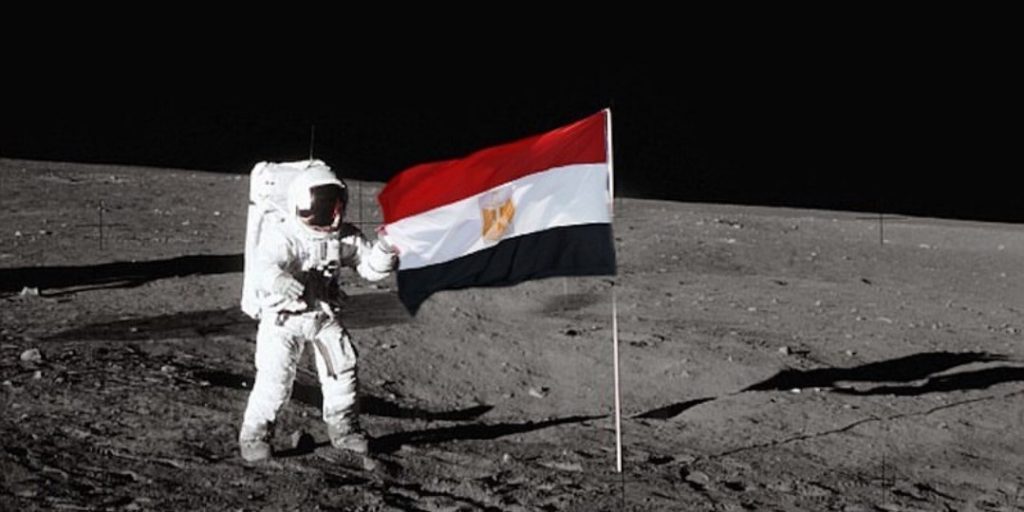Africa’s race to secure a presence in the blooming space industry has begun in earnest as Egypt’s space agency prepares to launch it’s own space mission.
For a long time, Egyptian Space Agency has mastered the art of designing and manufacturing it’s own satellites without foreign assistance. Dr. Mohamed El-Qousi, CEO of the Egyptian Space Agency, believes that manufacturing satellites in Egypt and launching it from Egyptian lands is a necessity.
“It is not a luxury we are trying to do, but it is a duty that must be reached.” he said.
Apparently, studies have been conducted to build a launch pad, leveraging on Egypt’s large pool of “distinguished technical and scientific cadres who are educated in the field of launch missiles in terms of missile mechanics and guidance…”
Although, despite these expertise, Al-Qousi added that these personnel are yet to apply their knowledge practically.
The results of the studies has been presented to the higher authorities awaiting approval for implementation, says Al-Qousi.
Also, since the year 2014, there have we been a major shift in Egypt’s interest and support for space technologies and projects.
Following global trends, Egypt plans to explore the moon, and collect samples for experimentation, and for this reason, Egypt has signed a bilateral agreement on cooperation with Japan last year, which saw Japanese experts and scientists visit Egypt.
Egypt is one of the leading countries in Africa and the Arab region in the space industry. For several years, the North African country has been pushing the boundaries in its quest to harness the potentials of space.
Egypt Space Programme milestones
Last year alone, Egypt set a new record for launching four satellites into space. This is by far the highest number launched by an African nation in a single year.
The four satellites brings the total number of satellites launched by Egypt to nine, including three communications satellite launched by its publicly-traded satellite operator NileSat.
That same period in 2019, In February, the African Union decided that the headquarters of the African Space Agency to be hosted in Egypt. The endorsement enforces Cairo as the focal point for AU’s continent-wide space programme.
In February, Egypt launched its high-resolution Earth observation satellite EgyptSat-A, a remote sensing satellite with a high resolution of 1 metre. EgyptSat-A replaced EgyptSat-2 which suffered a flight control system failure in April 2015 after only one year in orbit.
On 6 March, Cairo approved the Egyptian Space Program which will identify the roadmap for Egypt for the next ten years.
Further down the year, Egypt launched two 1U Cubesats: NARSSCube-2 in July and NARSSCube-1 in September, both indigenously developed by Egyptian engineers at the National Authority For Remote Sensing & Space Sciences (NARSS).
In September, the Egyptian Space Agency signed a contract with China National Space Administration to commence the construction of satellite assembly, integrating and testing facilities in Egypt with the development of a new experimental remote sensing satellite named MisrSat-II.
MisrSat-II is a being developed as a joint project between the Egyptian Space Agency and China.
In November, Egypt launched TIBA-1, a state-owned civil communications satellite, and shortly, towards the end of the year, announced plans to fly an Egyptian astronaut to the International Space Station.
Putting a Man on the Moon
Regarding Egypt’s quest to put a man on the moon, the astronaut program which began late last year is currently in the phase feasibility studies and discussions. Once that is concluded, Egypt will announce and commence with the selection of applicant astronauts.
